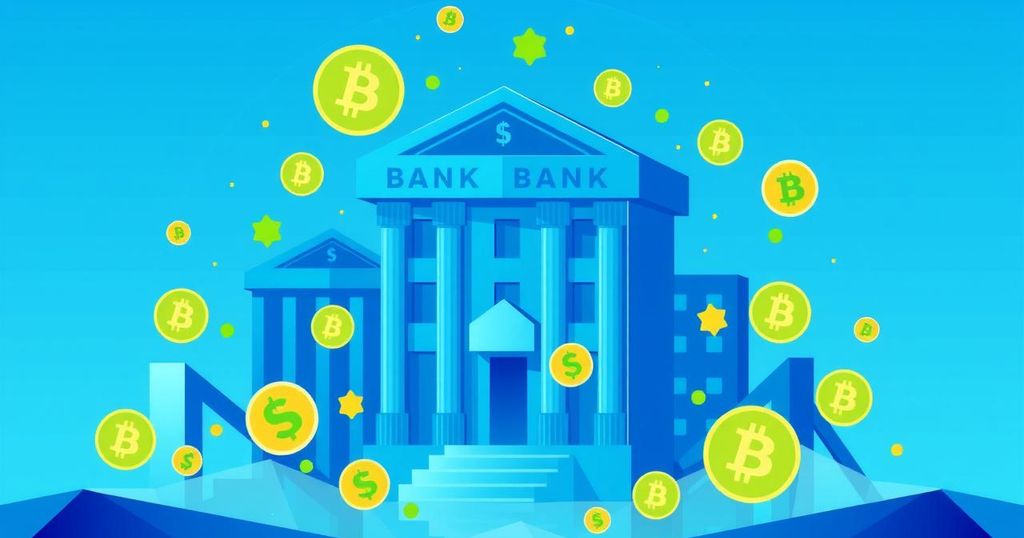U.S. Regulators Ease Restrictions on Banks’ Crypto Activities
U.S. banking regulators are reducing restrictions on banks’ cryptocurrency activities, with the Federal Reserve withdrawing guidelines that required prior approval for such engagements. This includes retraction of earlier statements from the FDIC and OCC that cautioned banks about digital asset risks, reflecting a shift towards a more crypto-friendly regulatory approach under the Trump administration.
In a significant shift, U.S. banking regulators declared on Thursday that they are retracting key guidelines related to banks’ involvement in cryptocurrency. The Federal Reserve made this announcement, signalling a departure from the previous cautious approach by withdrawing two supervisory letters. These letters previously required banks to obtain regulatory approval prior to engaging in cryptocurrency and stablecoin operations, a process that was viewed as restrictive.
In addition to the Fed’s actions, the Federal Deposit Insurance Corporation (FDIC) and the Office of the Comptroller of the Currency (OCC) also withdrew two statements from 2023. These statements had advised banks to maintain vigilance over risks associated with crypto activities. This action reflects a growing trend under the Trump administration, aiming to adopt a more accommodating stance towards the cryptocurrency sector, amid ongoing debates about regulations.
The decision raises questions about the regulatory framework’s direction moving forward and how this will impact banks’ willingness to enter the crypto space. It could potentially set the stage for a more significant integration of digital assets into traditional banking practices, although concerns around consumer protection and financial stability remain paramount. Regulatory bodies will likely keep a close watch on developments as the financial landscape continues to evolve.




Post Comment